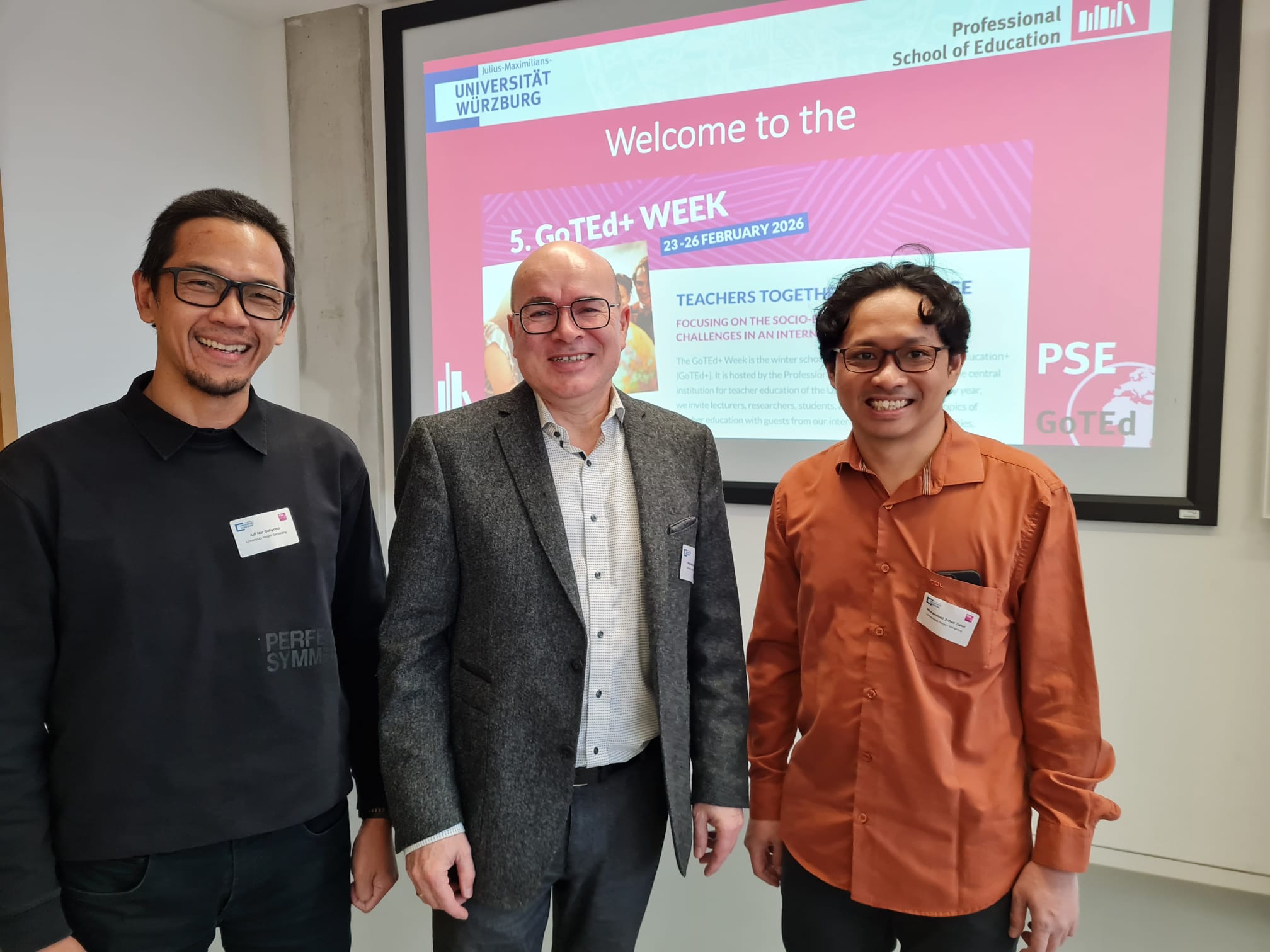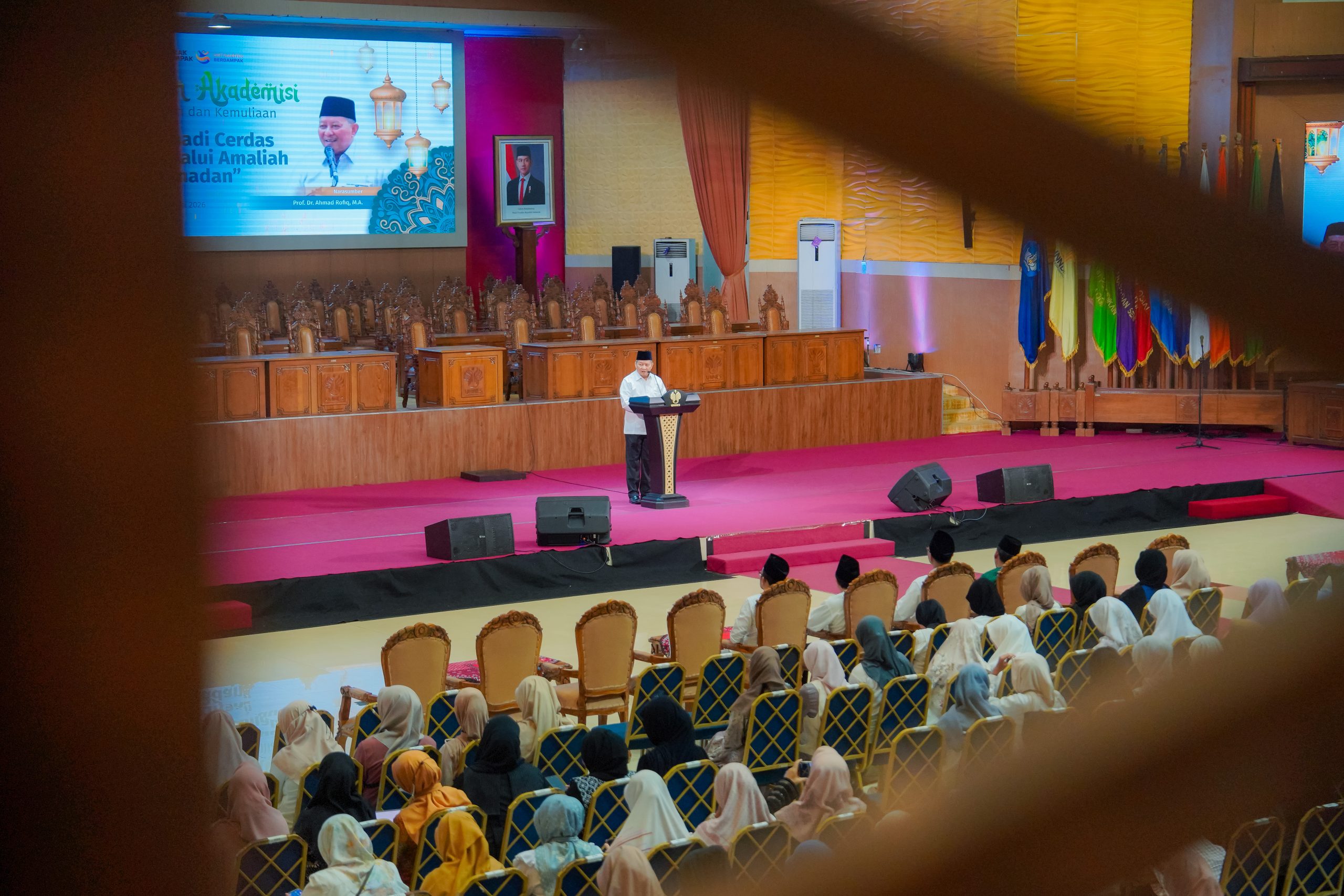Jurusan Biologi Fakultas Matematika dan Ilmu Pengetahuan Alam Universitas Negeri Semarang (FMIPA UNNES) mengembangkan teknik kultur jaringan tanaman.
Teknik kultur jaringan ini memanfaatkan prinsip perbanyakan tumbuhan secara vegetatif. Berbeda dengan teknik perbanyakan tumbuhan secara konvensional. Teknik ini dilakukan dalam kondisi aseptik di dalam botol kultur dengan medium dan kondisi tertentu. Aseptik artinya, keadaan bebas dari mikroorganisme penyebab penyakit.
Dr Enni Suwarsi Rahayu MSi dosen Biologi FMIPA UNNES menyampaikan itu disela-sela seminar Teknologi Kultur Jaringan Tanaman dan Peluncuran Sasana Kultura, Kamis (20/4) di Dekanat FMIPA Kampus UNNES Sekaran Gunungpati. Seminar diikuti 150 orang dari dosen, mahasiswa, guru, dan pemerhati tanaman.
Dr Enni juga mengatakan, teknik ini sering kali disebut kultur in vitro karena jaringan tersebut dibiakkan di dalam botol kultur dengan medium dan kondisi tertentu. Teori dasar dari kultur in vitro ini adalah Totipotensi. “Teori ini mempercayai bahwa setiap bagian tanaman dapat berkembang biak karena seluruh bagian tanaman terdiri atas jaringan-jaringan hidup. Oleh karena itu, semua organisme baru yang berhasil ditumbuhkan akan memiliki sifat yang sama persis dengan induknya.
Dengan teknik kultur jaringan ini, lanjur Dr Enni hanya perlu menggunakan bagian kecil dari tanaman yang dimaksud untuk dikembangkan dan diperbanyak. Bagian tersebut bisa daun, biji, batang, dan hingga akar.
Dr Enni menjelaskan, teknik ini selain memperbanyak tumbuhan secara cepat, juga bisa digunakan untuk menyelamatkan tanaman langka dari kepunahan.
Sebagai contoh tanaman tersebut terkena penyakit, hingga hanya sebagian kecil batang tanaman tersebut yang bisa terselamatkan. Batang tanaman ini, melalui teknik kultur jaringan, bisa dikembangkan hingga akhirnya membentuk tanaman lengkap kembali.
Menurut, kultur jaringan sebagai salah satu bentuk bioteknologi modern sering dianggap rumit, mahal dan sulit namun sebenarnya, dapat disederhanakan dengan menggunakan alat dan bahan alternatif.
Dr Enni yang juga Koordinator Sasana Kultura menambahkan, Jurusan Biologi FMIPA UNNES melalui Sasana Kultura menjadi lembaga konsultasi dan pelatihan sebagai pusat informasi teknologi kultur jaringan tanaman skala sederhana. Untuk mengoptimalkan kualitas pendidikan di sekolah menengah dan memgembangkan wirausaha alternatif.
Nara sumber kedua Ir Pranowo Singgihsandjojo dari V&M Biotechnology Magelang mengupas tentang teknik pelaksanaan kultur jaringan tanaman di lapangan.



